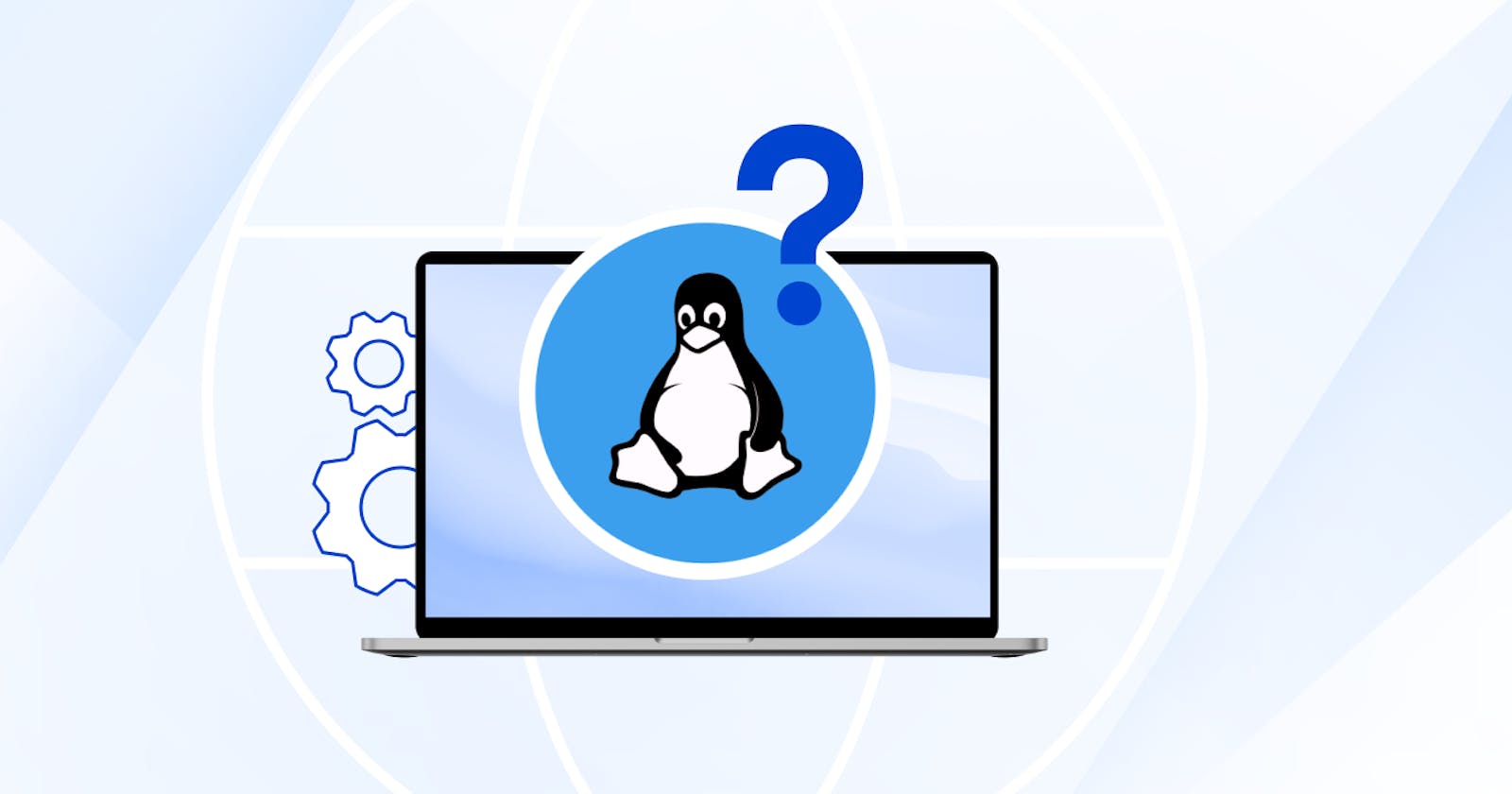Introduction:
Linux is a free and open-source operating system that has been gaining popularity in recent years. It was created by Linus Torvalds in 1991 and has since become a powerful tool for developers, server administrators, and everyday users alike. In this blog, we will discuss the basics of Linux and its advantages.
Summary
First, it's important to understand that Linux is not a single operating system, but rather a family of operating systems based on the Linux kernel. There are many different distributions, or "distros," of Linux, each with its own unique features and focus. Some popular distros include Ubuntu, Debian, Fedora, and CentOS.
Advantages & Features
One of the key advantages of Linux is that it is free and open source, meaning that anyone can download, use, and modify the code. This has led to a large community of developers and users who are constantly improving and customizing the system. Additionally, Linux is known for its stability and security. Because the code is open source, any security vulnerabilities can be identified and patched quickly by the community.
Another advantage of Linux is its flexibility. It can be installed on a wide variety of hardware, from low-powered devices like Raspberry Pi to high-performance servers. This makes it a popular choice for web servers and other applications that require high reliability and scalability.
One of the key features of Linux is the command line interface, or CLI. While many users are accustomed to graphical user interfaces (GUIs), the CLI provides a more powerful and efficient way to interact with the system. With the CLI, users can quickly navigate the file system, install and manage software packages, and perform a wide range of other tasks.
Linux also has a wide variety of software available, both through official package managers and through community repositories. Many popular applications like Firefox, LibreOffice, and GIMP are available on Linux, along with a wide range of developer tools like Git, Python, and Node.js.
Key Aspects:
One of the unique aspects of Linux is the philosophy behind its development. Linux follows the Unix philosophy of building small, modular tools that can be combined in powerful ways. This approach allows developers to create custom solutions tailored to their specific needs, rather than relying on bloated, all-in-one software packages.
Another important aspect of Linux is its community. Because the code is open source, anyone can contribute to its development and improvement. This has led to a large and vibrant community of developers and users who are passionate about Linux and its potential. There are countless forums, blogs, and social media groups dedicated to discussing Linux and helping others with any issues they may encounter.
One area where Linux has become particularly popular is in the field of artificial intelligence and machine learning. Many of the tools and libraries used in these fields are available on Linux, making it a popular choice for researchers and data scientists. Additionally, the command line interface provides a powerful way to manage large datasets and perform complex computations.
Another advantage of Linux is its compatibility with virtualization and containerization technologies. Because Linux can be run on a wide range of hardware, it is a popular choice for virtual machines and containerized applications. This allows developers to create isolated environments for testing and development, or to run multiple applications on a single server without conflicts.
One of the most popular distributions of Linux is Ubuntu. Developed by Canonical, Ubuntu is known for its user-friendly interface and extensive software library. It is a popular choice for both desktop and server use, and is widely used in cloud computing environments.
Recent Uprising
In recent years, Linux has also become popular in the gaming community. Many game developers have begun creating Linux versions of their software, and a growing number of games are compatible with Linux. This has led to a growing community of Linux gamers who appreciate the system's stability and performance.
Finally, it's worth noting that Linux is not just an operating system, but a whole ecosystem of tools and technologies. Many of the most popular web technologies, like Apache, MySQL, and PHP, are native to Linux, making it a popular choice for web development and hosting. Additionally, many programming languages like Python, Ruby, and Java have excellent support on Linux, making it a popular choice for software development as well.
Potential Downside
One potential downside of Linux is that it can be more difficult to use than other operating systems like Windows or macOS. While many distros have made significant strides in improving the user experience, there is still a learning curve involved in using Linux effectively. Additionally, some hardware may not be fully supported by Linux, so users may need to do some research before installing it on their system.
Conclusion:
In conclusion, Linux is a powerful and flexible operating system that offers many advantages over other options. Its open source nature, stability, and security make it a popular choice for developers and server administrators, while its wide range of software and hardware compatibility make it a great option for everyday users as well. While it may take some time to learn how to use Linux effectively, the benefits are well worth the effort.
